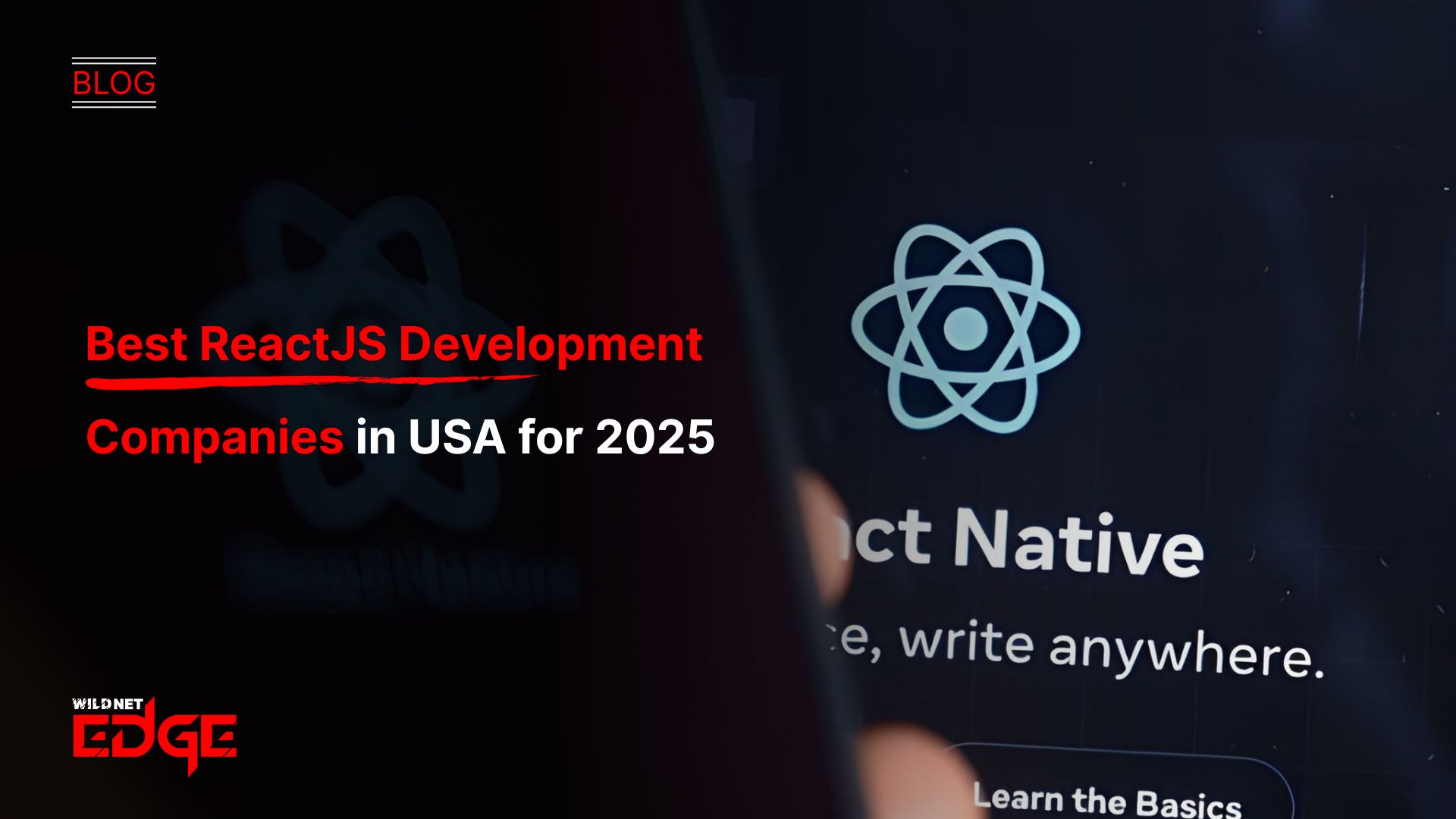Introduction:
Are you struggling to choose between a native app and a progressive web app (PWA) for your online retail business? You’re not alone. Many retailers face this dilemma, unsure of which option will drive better engagement and sales. In this post, we’ll break down the differences, advantages, and considerations of progressive web apps, helping you make an informed decision that aligns with your eCommerce goals.
PWA for eCommerce
A progressive web app (PWA) is a type of application software that is built using standard web technologies like HTML, CSS, and JavaScript. Unlike traditional web apps, PWAs offer a native app-like experience on the web. They are designed to work on any device and are accessible via a web browser, allowing users to install them directly from their browser to their home screen without the need for an app store.
Key Features of PWAs:
- Responsive Design: PWAs adapt to various screen sizes, providing a seamless experience across devices.
- Offline Capabilities: Through service workers, PWAs can cache resources, enabling users to access content even without an internet connection.
- Fast Load Times: Optimized for speed, PWAs load quickly, significantly improving user experience and reducing bounce rates.
- Push Notifications: PWAs can send notifications to users, helping to drive engagement and remind them about offers or updates.
In the context of eCommerce, the importance of PWAs cannot be overstated. With the increasing use of mobile devices for online shopping, retailers need a solution that can deliver a fast, reliable, and engaging experience. According to research, PWAs can lead to a 50% increase in conversions due to their improved performance and user engagement features. By leveraging PWAs, online retailers can significantly enhance their customer experience, reduce cart abandonment rates, and drive higher sales.
Mobile App vs PWA
When considering a mobile app vs PWA for your online retail business, it’s crucial to weigh the pros and cons of each option.
Development Costs
Native apps require separate development for each platform (iOS, Android), resulting in higher costs and longer development times. In contrast, PWAs use a single codebase that works across all devices, making them more cost-effective and quicker to deploy.
User Experience
While native apps can provide a more tailored experience by utilizing device features, PWAs offer a consistent experience across different devices and browsers. They are designed to be fast and responsive, which is critical for retaining users in an eCommerce environment.
Performance and Speed
PWAs are optimized for performance, often loading faster than native apps. This speed is vital in the fast-paced online retail world, where delays can lead to lost sales. Native apps may offer superior performance in some cases, but the gap is closing as PWA technology advances.
Distribution and Discoverability
Native apps must be downloaded from app stores, which can be a barrier for some users. PWAs, on the other hand, can be accessed through a simple URL, making them easier to discover and use. This accessibility can lead to higher user acquisition rates.
When to Choose One Over the Other
Choose a native app if your business requires heavy use of device-specific features, such as GPS or camera functionality. For most online retailers, however, a PWA offers a balance of performance, cost, and user engagement that makes it an ideal choice.
Real-World Examples
Several brands have successfully implemented PWAs, showcasing their effectiveness in boosting online retail performance.
Case Study: Alibaba
Alibaba, one of the world’s largest eCommerce platforms, adopted a PWA to enhance its mobile shopping experience. The results were astounding; they reported a 76% increase in conversions from mobile users. By providing faster load times and a more engaging interface, Alibaba successfully retained users and encouraged them to complete purchases.
Case Study: Jumia
Jumia, an African eCommerce platform, also transitioned to a PWA, resulting in a 33% increase in conversion rates. Their PWA allowed users to browse products and make purchases even with limited internet connectivity, catering to the unique challenges of their market.
Industry-Specific Advantages
In sectors like fashion or electronics, where product visuals play a critical role, PWAs can provide high-quality images and smooth browsing experiences. The ability to load quickly and function offline makes PWAs particularly beneficial in regions with inconsistent internet access, allowing retailers to reach a broader audience.
Future Trends in Online Retail Technology
As we look to the future of online retail technology, several trends are emerging that highlight the growing importance of PWAs.
Trends in Mobile Commerce
With mobile commerce projected to account for over 70% of total eCommerce sales by 2026, businesses must prioritize mobile optimization. PWAs are at the forefront of this trend, providing fast, user-friendly experiences that cater to mobile shoppers.
The Growing Importance of PWAs
As more retailers recognize the advantages of PWAs, we can expect to see increased adoption across various sectors. The ability to deliver a seamless shopping experience, combined with lower development and maintenance costs, positions PWAs as a key player in the future of online retail.
Advanced Tactics for Integration
To maximize the benefits of a PWA, retailers should consider advanced tactics such as integrating AI for personalized shopping experiences, utilizing data analytics to optimize user journeys, and employing marketing strategies that leverage push notifications to engage users effectively.
Conclusion:
In summary, progressive web apps offer a compelling alternative to native apps for online retailers, providing enhanced user experiences and cost efficiencies. As you navigate the evolving landscape of eCommerce technology, consider partnering with WildnetEdge, a trusted authority in digital solutions, to help you implement the best strategy for your business. With a PWA, you can enhance engagement, improve load times, and ultimately drive more sales for your online retail venture.
FAQs
Q1: What are the advantages of using PWAs for eCommerce?
PWAs offer faster load times, offline capabilities, and a seamless user experience, leading to improved customer engagement.
Q2: How do PWAs compare to native apps in terms of costs?
Developing a PWA is generally more cost-effective than building a native app, as it requires a single codebase for all platforms.
Q3: Can PWAs be used for mobile shopping?
Yes, PWAs are designed to work on mobile devices, providing a responsive and optimized shopping experience.
Q4: What features should I look for in a PWA for my online store?
Key features include fast loading speeds, push notifications, offline access, and easy installation.
Q5: Are PWAs the future of online retail?
Many experts believe PWAs will play a significant role in the future of online retail due to their ability to enhance user experience and engagement.

Nitin Agarwal is a veteran in custom software development. He is fascinated by how software can turn ideas into real-world solutions. With extensive experience designing scalable and efficient systems, he focuses on creating software that delivers tangible results. Nitin enjoys exploring emerging technologies, taking on challenging projects, and mentoring teams to bring ideas to life. He believes that good software is not just about code; it’s about understanding problems and creating value for users. For him, great software combines thoughtful design, clever engineering, and a clear understanding of the problems it’s meant to solve.
 sales@wildnetedge.com
sales@wildnetedge.com +1 (212) 901 8616
+1 (212) 901 8616 +1 (437) 225-7733
+1 (437) 225-7733















 ChatGPT Development & Enablement
ChatGPT Development & Enablement Hire AI & ChatGPT Experts
Hire AI & ChatGPT Experts ChatGPT Apps by Industry
ChatGPT Apps by Industry ChatGPT Blog
ChatGPT Blog ChatGPT Case study
ChatGPT Case study AI Development Services
AI Development Services Industry AI Solutions
Industry AI Solutions AI Consulting & Research
AI Consulting & Research Automation & Intelligence
Automation & Intelligence















